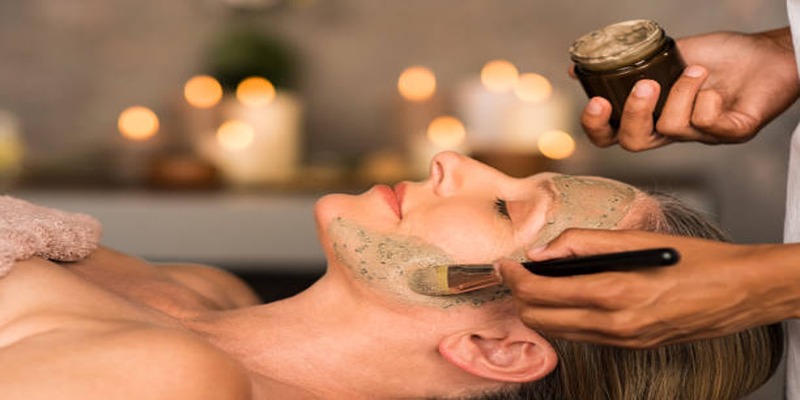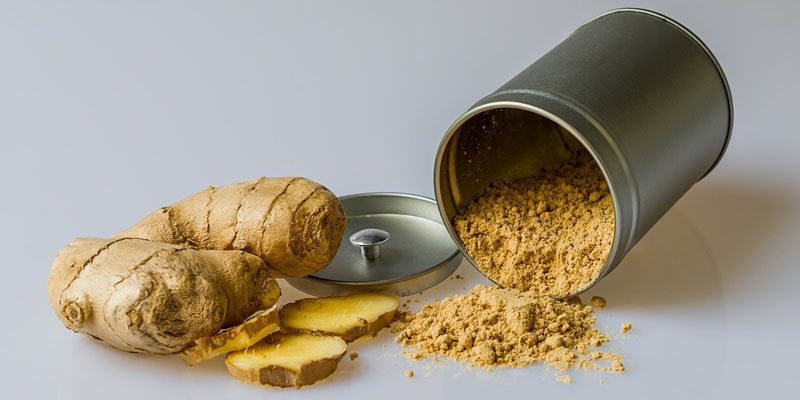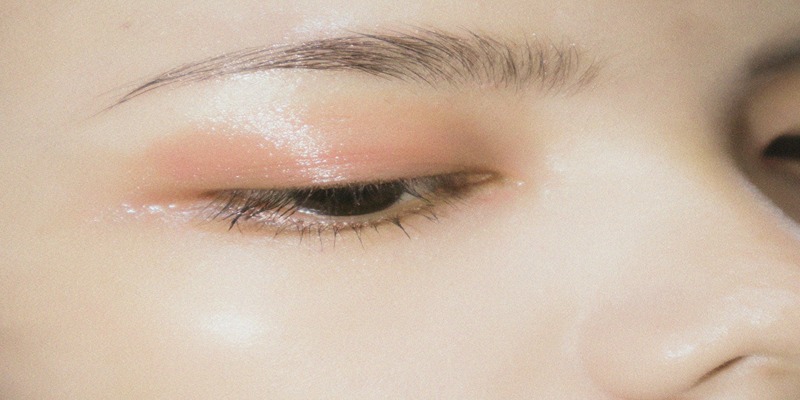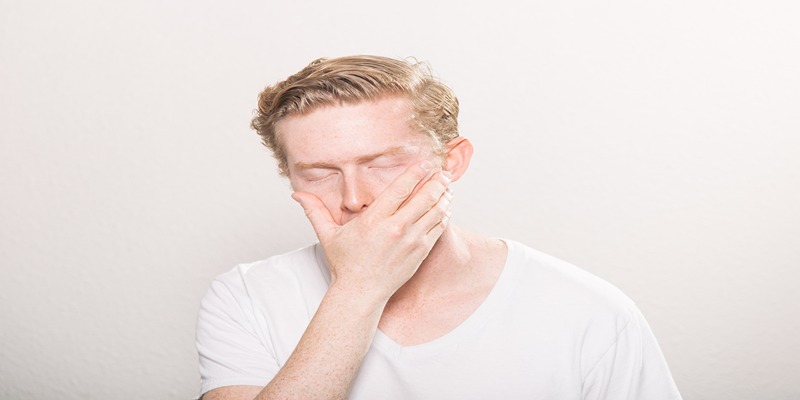Introduction
Being around acne scars can be tough. They can change the shape and color of your face. Lucky for us, doctors can tell us what products work well on these scars to get rid of dark spots and make deeper depressions smoother. These 15 guides cover the best-known acne scar treatments. They contain key ingredients that speed up the turnover of skin cells, boost collagen, and lighten the skin's color. If you use these things often, they can help your skin tone become more even and clear.
1. Retinoids for Skin Renewal
Retinoids, which come from vitamin A, are some of the best ways to get rid of acne scars. They work by speeding up the change of skin cells, which smooths out rough spots and makes deeper scars produce more collagen. Retinoids come in different levels, from retinol that you can buy over the counter to stronger ones that you have to get a prescription for. Because retinoids make skin more sensitive to sunshine, newbies should start with a low dose and put it on at night.
2. Vitamin C for Brightening
Vitamin C is a powerful antioxidant that reduces pigmentation by inhibiting melanin production, which lightens dark spots left by acne. Regular use of a vitamin C serum can improve skin tone and provide additional protection against environmental damage. Dermatologists recommend using stable forms of vitamin C, such as ascorbic acid, and applying it in the morning under sunscreen to help prevent new dark spots from forming.
3. Salicylic Acid for Exfoliation
Salicylic Acid, a beta hydroxy acid (BHA), is known for its ability to exfoliate the skin and penetrate pores. It helps clear out dead skin cells and reduce oil buildup, which makes it particularly effective for oily and acne-prone skin types. By promoting gentle exfoliation, salicylic acid also gradually fades dark spots and reduces the visibility of scars. You can incorporate it through leave-on treatments, toners, or serums for best results.
4. Glycolic Acid for Smoother Texture
Glycolic acid, an alpha hydroxy acid (AHA), is commonly used to improve skin texture and tone. It works by exfoliating the skin's surface, which can reduce hyperpigmentation and make shallow scars less noticeable. Dermatologists often recommend glycolic acid in the form of toners or serums, as it helps create smoother, more even skin over time.
5. Lactic Acid for Gentle Exfoliation
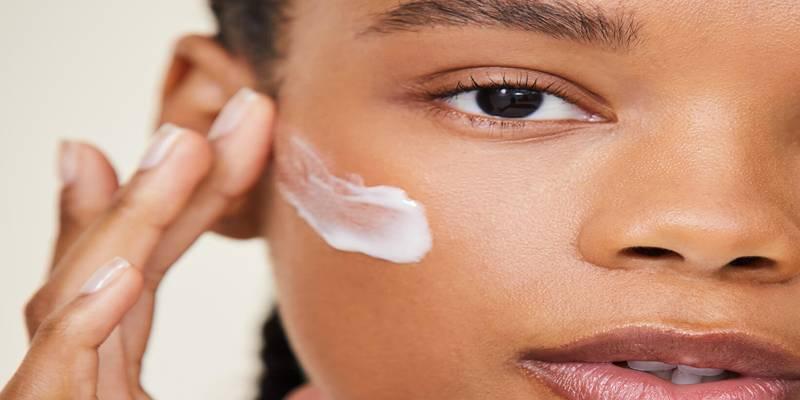
Lactic Acid is a milder AHA that provides gentle exfoliation, making it suitable for sensitive skin. It works similarly to glycolic acid by helping to fade dark spots and improve the overall texture of the skin. Lactic acid is ideal for beginners or those who prefer a softer approach to chemical exfoliants.
6. Azelaic Acid for Reducing Redness
Azelaic acid is known for its ability to reduce pigmentation and calm redness, making it ideal for those with both acne scars and rosacea. This ingredient helps fade dark spots without irritating the skin and is gentle enough for regular use. Dermatologists recommend azelaic acid for those with sensitive or easily irritated skin, as it treats hyperpigmentation while preventing new acne.
7. Niacinamide for Skin Barrier Support
Niacinamide, or vitamin B3, is a versatile ingredient that targets pigmentation, strengthens the skin barrier, and improves elasticity. It's a gentle option for reducing discoloration and enhancing overall skin tone. Dermatologists suggest pairing niacinamide with other scar-fading ingredients, such as retinoids or exfoliating acids, as it is generally well-tolerated by most skin types.
8. Silicone Gel for Raised Scars
Silicone gel is highly effective for treating raised scars, as it softens and flattens the tissue. By forming a protective barrier, silicone gel hydrates scar tissue, reducing thickness and making scars less visible over time. Dermatologists recommend silicone gel sheets or gels, especially for treating hypertrophic scars, as consistent use can provide noticeable results.
9. Sunscreen for Prevention
Sunscreen is essential in preventing dark spots from becoming darker and slowing the healing process. A broad-spectrum sunscreen with SPF 30 or higher protects the skin from UV damage and prevents new pigmentation from forming. Dermatologists emphasize that sunscreen should be worn daily to prevent further damage and support the effectiveness of scar-fading treatments, especially when using brightening or exfoliating products.
10. Tranexamic Acid for Brightening
Tranexamic acid is increasingly popular for reducing pigmentation and brightening skin tone. Dermatologists recommend this ingredient for post-inflammatory hyperpigmentation, as it lightens dark spots without irritating. Tranexamic acid can be found in serums and pairs well with other brightening agents, like niacinamide and vitamin C, for enhanced results.
11. Alpha Arbutin for Fading Pigmentation
Alpha arbutin is a gentle brightening agent that works by inhibiting melanin production, helping to fade dark spots. It's well-suited for evening-out skin tone and lightening pigmentation. Dermatologists recommend it for those with sensitive skin, as it provides a mild yet effective option for daily use. Alpha arbutin serums are commonly used in combination with other products for optimal results.
12. Kojic Acid for Lightening Dark Spots
Kojic acid is derived from fungi and has gained popularity for its ability to lighten dark spots. By reducing melanin production, kojic acid helps to fade pigmentation and create a more even skin tone. Dermatologists often suggest kojic acid for mild pigmentation, as it's most effective when used with other brightening ingredients.
13. Hyaluronic Acid for Hydration
Hyaluronic acid doesn't directly fade scars, but it provides essential hydration that supports the skin's healing process. Dermatologists stress that hydrated skin heals more effectively, which can help improve the overall appearance of scars. Hyaluronic acid serums are commonly used alongside other treatments, adding moisture and reducing irritation.
14. Peptides for Skin Repair
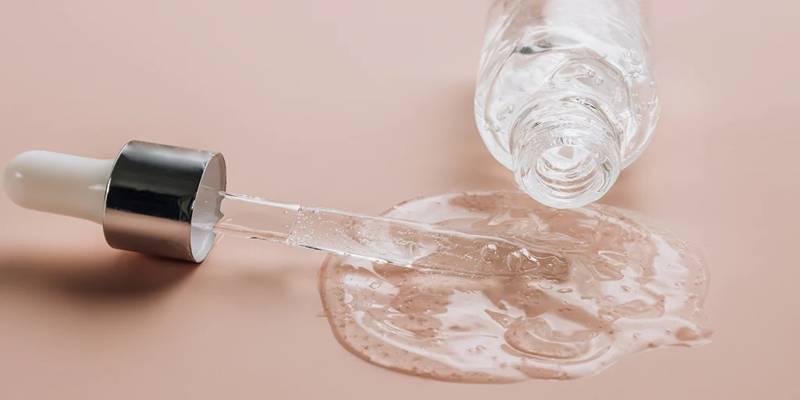
Peptides, amino acids that support collagen production, help improve the elasticity and firmness of the skin. They're particularly effective for those with atrophic scars, as they support the skin's natural healing and repair processes. Dermatologists recommend peptide serums or creams as part of a comprehensive routine to reduce scar depth and enhance texture.
15. Zinc Oxide for Calming Inflammation
Zinc oxide, commonly found in mineral sunscreens, is known for its anti-inflammatory and soothing properties. It's ideal for acne-prone skin, as it reduces redness and prevents irritation. While zinc oxide doesn't directly lighten scars, it helps keep the skin calm, reducing the risk of additional scarring. Dermatologists suggest using zinc oxide-based sunscreens to protect and calm sensitive or acne-prone skin.
Conclusion
Treating acne scars requires consistency and a well-chosen routine. From retinoids and vitamin C to niacinamide and silicone gel, dermatologist-recommended products provide targeted solutions to reduce different types of scars. Sunscreen is essential for preventing further pigmentation, while ingredients like hyaluronic acid and peptides support overall skin health and healing. With the right combination of these products, you can achieve a clearer, more even complexion over time and regain confidence in your skin.
